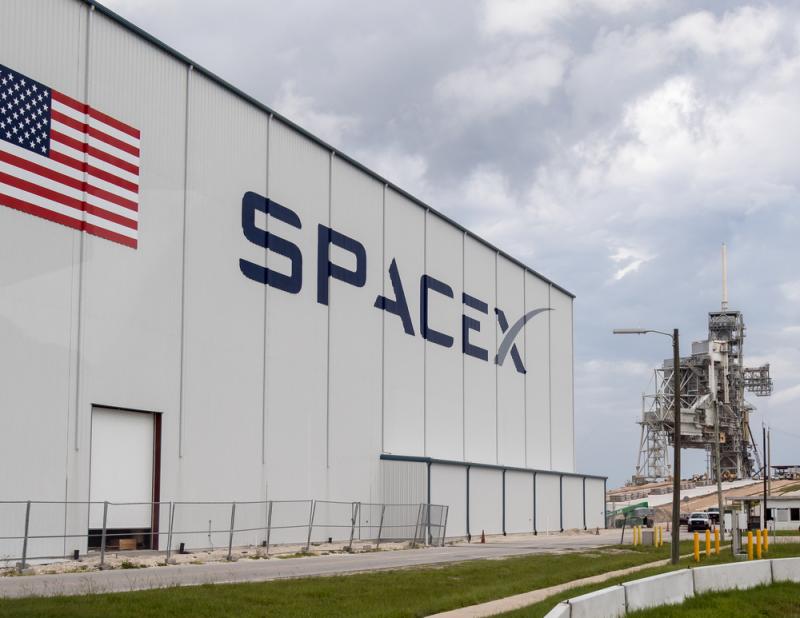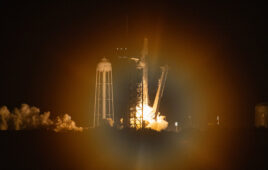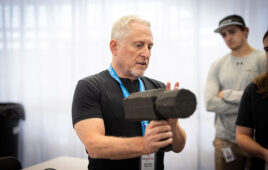
This mission brought the total amount of recovered SpaceX rockets to seven and marks the fifth time one of these vessels safely landed on a platform in the ocean.
SpaceX, the aerospace manufacturer founded by billionaire entrepreneur Elon Musk, started the new year on a high note.
The company successful launched one its reusable Falcon 9 rockets on January 14th from the Vandenberg Air Force Base in California into the atmosphere, where it deployed 10 satellites for Iridium Communications. Engineers were then able to safely land the rocket on a drone ship floating in the Pacific Ocean.
This mission brought the total amount of recovered SpaceX rockets to seven and marks the fifth time one of these vessels safely landed on a platform in the ocean, according to The Verge.
Musk’s mission for SpaceX is to use reusable rockets to usher in a new era of cheaper, more efficient space travel.
SpaceX was on a hiatus for a few months after one its rockets was destroyed in a large explosion on a landing pad in Cape Canaveral, Florida back in September.
Musk and his team worked with industry experts and government agencies to investigate the cause of the explosion.
“The accident investigation team worked systematically through an extensive fault tree analysis and concluded that one of the three composite overwrapped pressure vessels (COPVs) inside the second stage liquid oxygen (LOX) tank failed. Specifically, the investigation team concluded the failure was likely due to the accumulation of oxygen between the COPV liner and overwrap in a void or a buckle in the liner, leading to ignition and the subsequent failure of the COPV,” explained the firm in a statement.
These findings helped SpaceX gain a new launch license from the Federal Aviation Administration.




